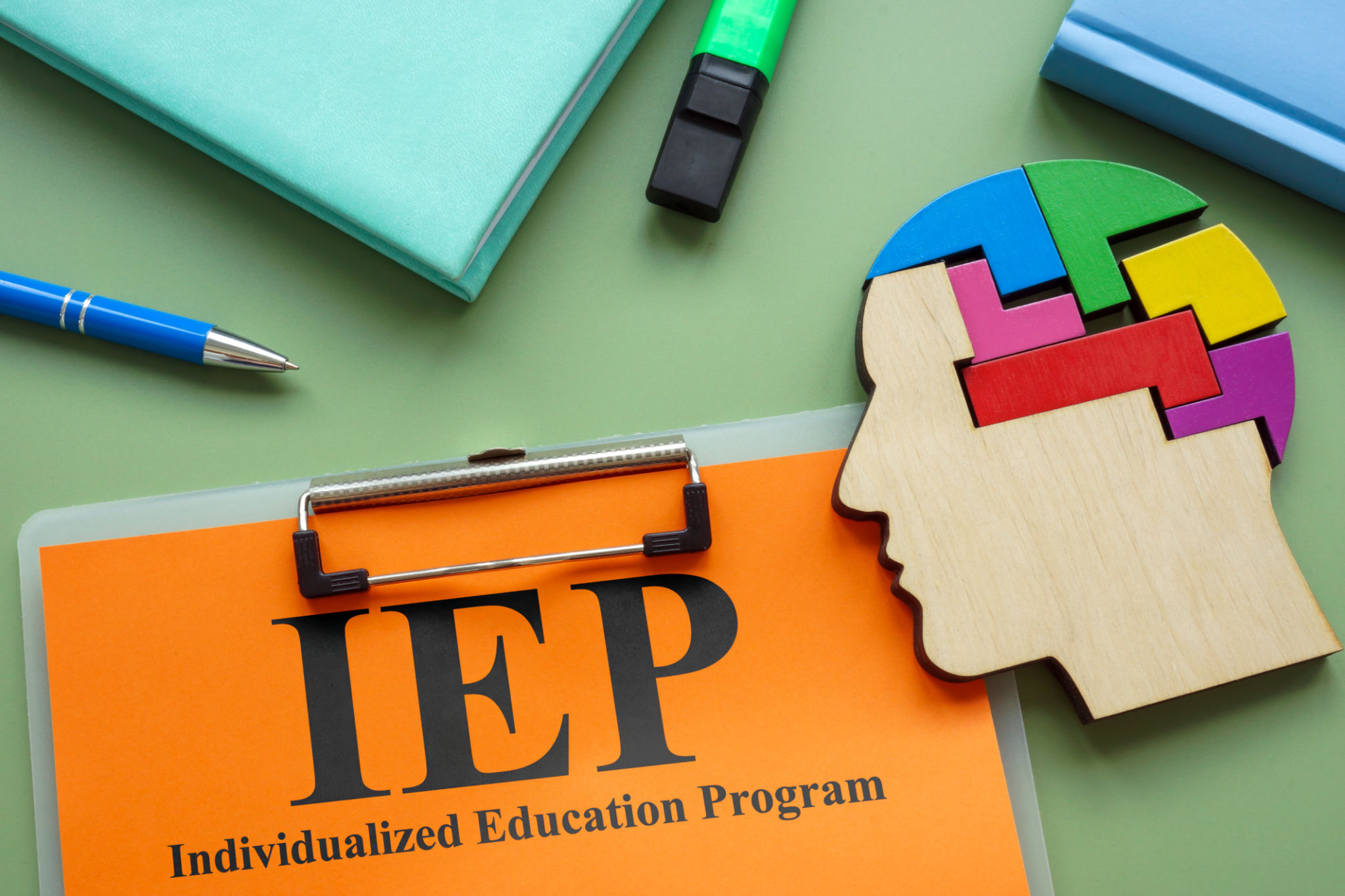Expert Insights on the Latest Tutoring Trends
Embracing Technology in Tutoring
In recent years, the tutoring industry has seen a significant transformation with the integration of technology. Online platforms and digital tools have become essential components, providing students with access to a wealth of resources and personalized learning experiences. This trend is reshaping how tutors deliver their services, making education more accessible and effective.
One of the most notable advancements is the use of AI-driven learning apps. These applications offer tailored content that adapts to the student's pace and understanding, ensuring a more personalized approach to learning. This technological integration is particularly beneficial for subjects such as mathematics and science, where students often require additional support.

Interactive and Engaging Learning Environments
Creating engaging learning environments is crucial for maintaining student interest and motivation. Modern tutoring trends emphasize interactive teaching methods that go beyond traditional lectures. This includes the use of gamification, virtual reality (VR), and augmented reality (AR) to create immersive educational experiences.
Gamification involves incorporating game-like elements into lessons to make learning more fun and competitive. This approach has been shown to increase student engagement and retention of information. Meanwhile, VR and AR technologies allow students to experience subjects in a more vivid and interactive manner, enhancing their understanding and interest.

The Rise of Peer Tutoring
Peer tutoring has gained momentum as an effective method for reinforcing knowledge. This approach involves students teaching each other, which not only helps the tutor strengthen their understanding but also provides the learner with a relatable perspective. Peer tutoring fosters a collaborative learning environment, encouraging students to engage actively in their education.
Moreover, this method is cost-effective, making it accessible to a broader range of students. Schools and educational institutions are increasingly recognizing the value of peer tutoring programs, integrating them into their curricula to support traditional teaching methods.

Focus on Soft Skills
While academic excellence remains a priority, there is a growing emphasis on developing soft skills through tutoring sessions. Skills such as critical thinking, communication, and problem-solving are essential for success in today's world. Tutors are now incorporating activities that help students build these competencies alongside their academic pursuits.
For instance, collaborative projects and group discussions are being used to enhance communication skills. Problem-solving exercises are integrated into lessons to stimulate critical thinking. This holistic approach ensures that students are not only academically proficient but also equipped with the necessary skills to thrive in various aspects of life.
Personalized Learning Paths
The concept of personalized learning paths is gaining traction in the tutoring industry. Tutors are increasingly adopting strategies that cater to the individual needs and goals of each student. By assessing a student's strengths and weaknesses, tutors can tailor their teaching methods to optimize learning outcomes.
This personalized approach is facilitated by data-driven insights, allowing tutors to track progress and adjust their strategies accordingly. The result is a more efficient learning process that aligns with each student's unique learning style and pace.

